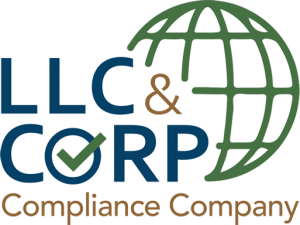
Organizations give their opinion regarding data collection for the BOI Report
Various organizations have weighed in on FinCEN’s proposed reporting forms regarding legally required identifying information for each beneficial owner. As has been officially declared, the Corporate Transparency Act (CTA) includes in its requirement the identification of a final beneficiary.
The FACT Coalition (The Financial Accountability and Corporate Transparency Coalition), in its press release suggests that FinCEN should implement the following changes to its beneficial ownership identification structure, based on the clear and simple language of the CTA Law:
- Remove and review problematic obstacles that complicate the use of the directory by U.S. state, local, and tribal authorities, including the unfounded requirement that relevant authorities obtain a “court order” to access the directory.
- Clarify the role FinCEN and other authorities will play in granting access to authorized directory users: Specifically, FinCEN should not assume substantive legal and administrative roles in approving directory access on a case-by-case basis that are not covered by the CTA.
- Ensure that information submitted to FinCEN conforms to best data practices, including that it is validated and verified, to faithfully implement the CTA requirement that information be accurate, complete, and highly useful.
- Fulfill the stated purpose of the CTA Anti-Money Laundering, Counter-Terrorism Financing (AML/CFT) and Sanctions Enforcement Act by allowing financial institutions to access beneficial ownership information in accordance with their broader AML responsibilities and sanctions screening, rather than restricting authorization criteria for access to a narrow subset of customer due diligence activities.
- Eliminate burdensome restrictions, which lack legal basis, on trusted foreign partners accessing information through a request from a U.S. agency, to better facilitate the sharing of information for international investigations and prosecutions.
In response to all the criticisms raised, FinCEN Acting Director Himamauli Das testified before the House Financial Services Committee on the agency’s progress in implementing the Corporate Transparency Act. In his testimony, FinCEN’s acting director said: “We heard loud and clear the importance of validation and we agree with the importance of validation. There are legal considerations, cost considerations and then also a number of questions regarding how to implement this validation.”
The acting director’s testimony did not make clear how FinCEN would attempt to validate the BOI report data submitted by the reporting companies. In theory, FinCEN could validate this data in several ways. A reporting company’s BOI report is submitted by a senior official of the reporting company under penalty of perjury. So, in a significant sense, the official submitting the report is validating the accuracy of the data through the very act of submitting the report.
Additionally, it may be possible for FinCEN to compare certain data points with other official sources of information. For example, the name and residential address of a beneficial owner could be compared to tax returns available in IRS records for the beneficial owner. However, there is currently no regulatory pathway for that type of cross-checking and the data collected in the BOI report does not include the social security number of the beneficial owner.



